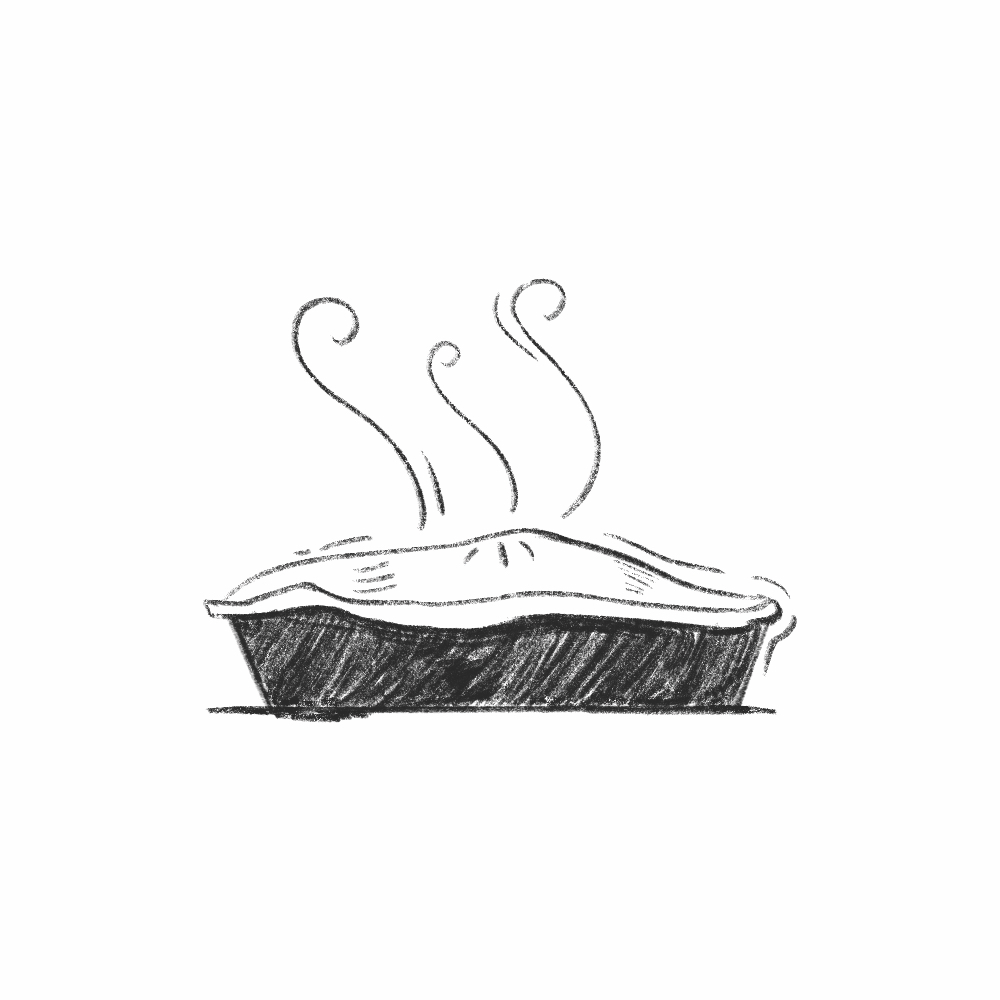Mothers of my heart
May 3, 2024
“Looking at the mother, you might hope that the daughter would become like her, which is a prospective advantage equal to a dowry—the mother too often standing behind the daughter like a malignant prophecy—‘Such as I am, she will shortly be.’” – George Eliot, “Middlemarch”
George Eliot never had children. Yet she wrote seven novels, and she considered her writing a sort of motherly act. Comparing her books to children, Eliot noted “the sense that the work has been produced within one, like offspring, developing and growing by some force of which one’s life has served as a vehicle.”
Of the seven books she birthed, “Middlemarch” was Eliot’s penultimate. But, breaking the informal rule of middle-child neglect, it is widely considered her masterpiece. The novel, fittingly subtitled “A Study of Provincial Life,” weaves together stories of marriage, romance, art, death, religious doctrine and medical experimentation set in the fictional English town of Middlemarch.
Though it is nearly 900 pages, “Middlemarch” holds very few examples of good motherhood. Victorian literature writ large is plagued by poor parents whose personal failures might signify the inadequacies of the social welfare state or the transformation of the home by industrialization. Dorothea and Celia Brooke, two of the primary young women of “Middlemarch,” are orphaned; others of Eliot’s mothers are vain, ill, greedy or, at their worst, murderous.
In this sentence, Eliot writes of an unusually good mother: Mrs. Garth. While she does not figure largely into the plot, Mrs. Garth is memorable for her kindness and wisdom. She maintains a well-organized kitchen. She instructs her children in grammar and wishes only for their happiness. She behaves “motherly” toward all the young residents of Middlemarch. She is, the narrator notes, “exemplary.” Mrs. Garth stands in contrast to mothers who “too often” prophesize gothic fates for their daughters.
Eliot opens this sentence with a direction of the reader’s gaze—“Looking at the mother.” This narrative guidance is characteristic for Eliot, who thus positions herself as the mother of both the text and the reader. The lessons offered throughout “Middlemarch” are made truer by the narrator’s admitted relationship to the reader; she openly directs attention to those scenes she finds the most pertinent. Eliot’s narrator often takes on a first-person voice in explicitly setting forth her purpose: “I at least have so much to do in unravelling certain human lots.… all the light I can command must be concentrated on this particular web,” she writes. Eliot diligently—almost parentally—tends to the unweaving of particular webs, thus nurturing readers who, with childlike wonder, open the tale of “Middlemarch” even centuries and oceans apart.
Eliot is not alone in conceiving of writing as motherly. In “The Argonauts,” Maggie Nelson weaves other authors’ words seamlessly into the unraveling story of her life. Nelson labels these writers the “many-gendered mothers of my heart.”
George Eliot is certainly one of the many-gendered mothers of my own heart, as are the nine other authors whose sentences this column has featured. Their words have offered me grammatical guidance and imaginative encouragement, modeling how em-dashes and ellipses can bring readers to dream of intergalactic princes, swirling riptides and haunted mansions.
I am particularly eager to adopt Nelson’s model of writers-as-mothers given the literary inspiration my own mother has offered me. She introduced me to a number of my favorite books and authors (though she has trouble picking favorites herself, a testament to her open-minded enthusiasm, she always finds more to fondly recall). She is nearly always the first reader of my first drafts, editing them with an eye to structure and clarity, thus mimicking Mrs. Garth’s rational advice-giving.
In fact, though the world of dowries may be long past, I see much of my mother in Eliot’s praise of Mrs. Garth. Just as Mrs. Garth stands behind Mary, my mother stands behind me, as a guardian, an advisor and a model of the sort of person I seek to become. She is smart and kind, self-assured yet self-aware, and, like Mrs. Garth, particularly skilled at baking pies. Of my mother and I, no truer words have ever been uttered than Eliot’s: “you might hope that the daughter would become like her.” Such as she is, I hope shortly to be.


Comments
Before submitting a comment, please review our comment policy. Some key points from the policy: